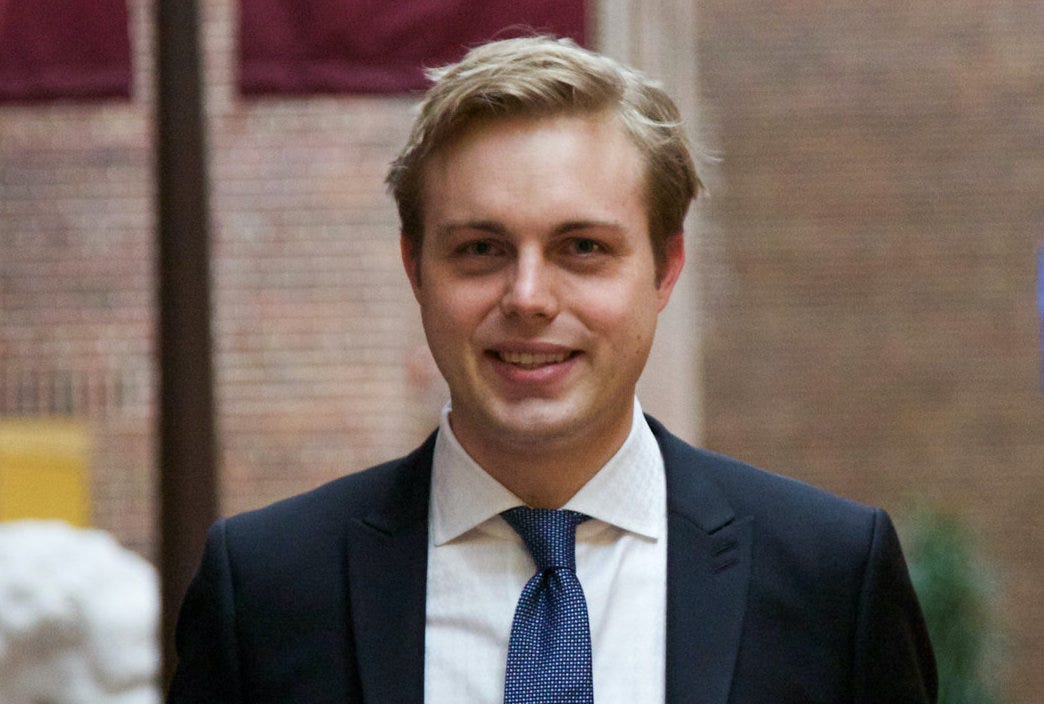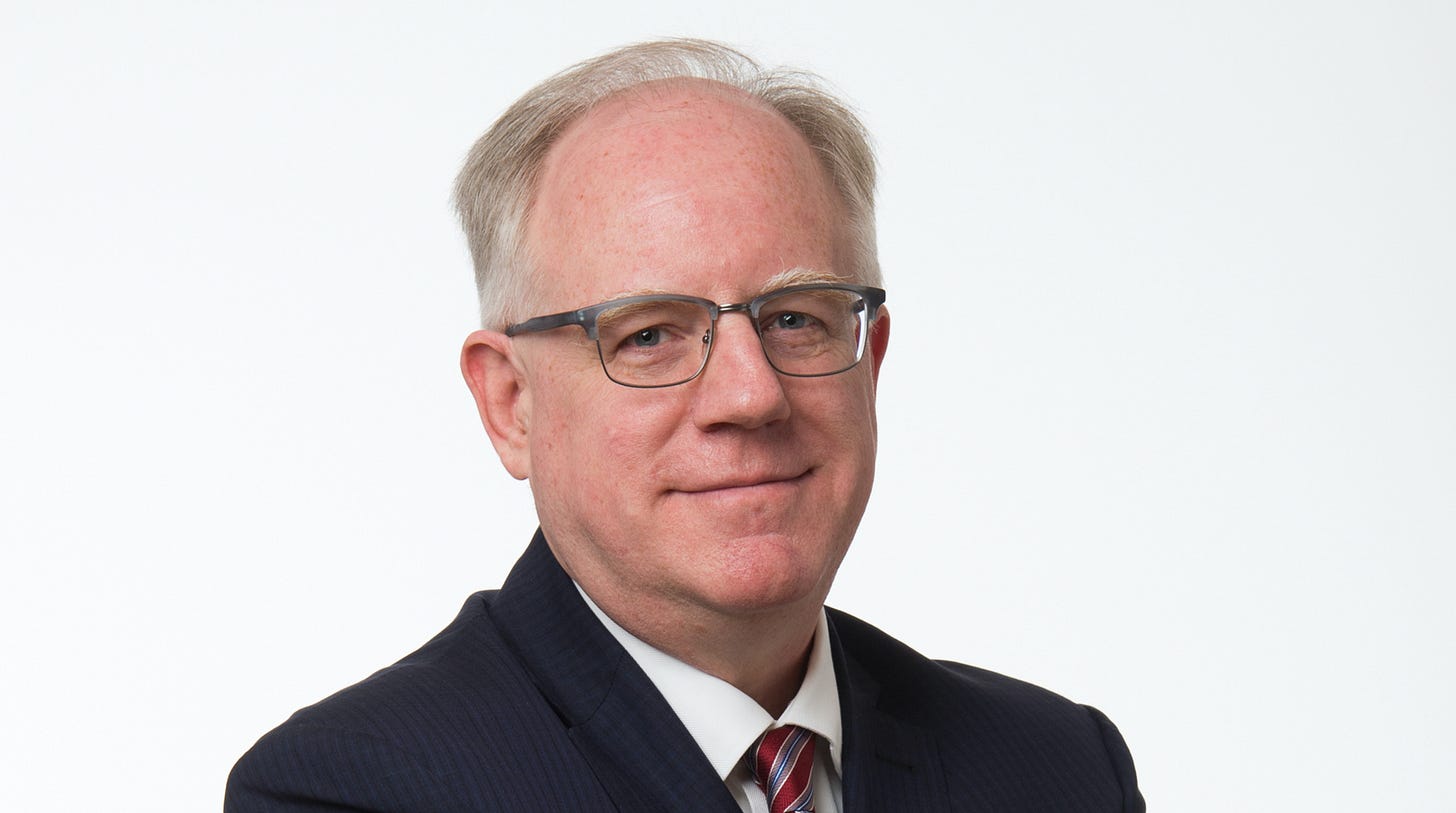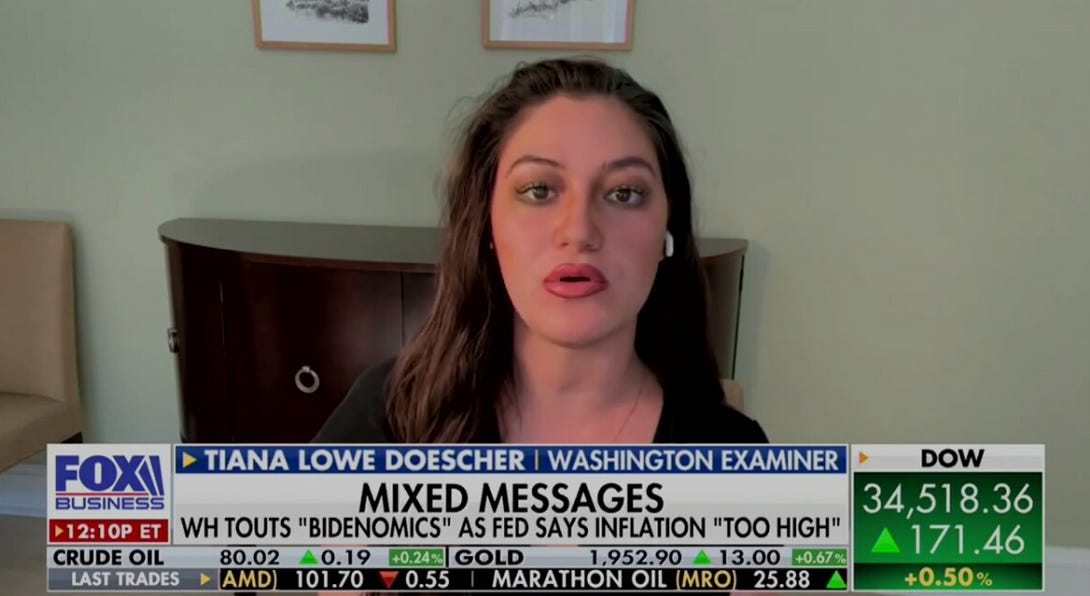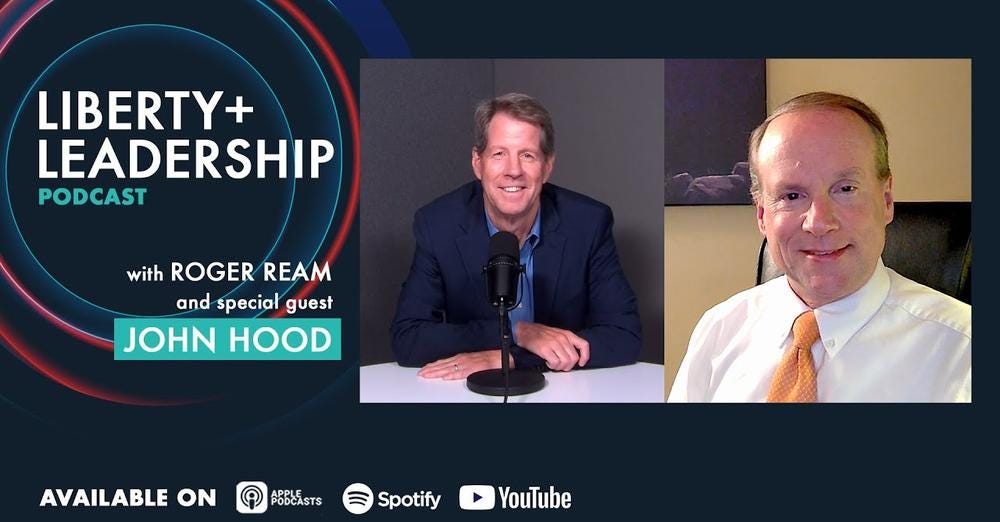Strategic thinking
How the Right can rebuild a governing majority in America
Despite a recent history of policy errors, political blunders, and electoral setbacks, the conservative movement remains a powerful force in American life.
Our foundational ideas are timeless and true. We have many strong, well-led institutions. And conservative politicians still hold majorities in many places, from town councils and school boards to statehouses and legislative chambers. They are successfully implementing tax relief, deregulation, parental choice in schooling, higher-education reform, and a host of other promising ideas.
How can the Right build majority coalitions across the country that both win elections and govern effectively, including in the nation’s capital? Today, we feature three answers to this question from signatories to the Freedom Conservatism Statement of Principles.
Welcome new voters
Jon Hartley is a research fellow at the Foundation for Research on Equal Opportunity (FREOPP) and a Ph.D. candidate in economics at Stanford.
A former analyst for Goldman Sachs Asset Management and consultant for such institutions as the World Bank, the New York Fed, and the Dallas Cowboys, Hartley now works on expanding access to credit, banking services, and job opportunities for those on the bottom half of the economic ladder.
In a recent National Review article, he argued that American conservatives should follow the lead of their Canadian counterparts and prioritize such issues as housing affordability and occupational freedom.
Local and state regulations that restrict the construction of new homes are all too common, as are licensing requirements that keep skilled workers from pursuing new careers.
GOP candidates committed to Freedom Conservatism “would be wise to add such policy ideas to their economic-policy plans,” Hartley wrote, as they would “improve economic opportunity for those below the median income who have not traditionally been conservative voters. It could help bring new voters to the Republican Party.”
Learn and adapt
After 20 years of public service in the legislative and executive branches, Brent Orrell joined the American Enterprise Institute as a senior fellow to work on job training, workforce development, and criminal justice reform.
In a Law & Liberty essay, Orrell urged his fellow FreeCons not to despair about the future or demonize their fellow Americans but instead to look for opportunities to build new relationships and alliances.
For example, while technological progress and free trade have improved the standards of living for most, they have displaced some workers. Policymakers should respond by offering them effective ways to retrain for new careers.
Instead, too many conservatives have “scowled at the future,” he wrote. “The cultural pessimism that consumed the American left in the 1960s and 1970s has migrated to the right, generating a vocal ‘blame America first’ faction that has persuaded itself Viktor Orbán’s Hungary is a model of social and political organization superior to our own tradition. I laugh through my tears at this.”
Orrell recommends that today’s conservatives “argue in measured, thoughtful tones” and “remember there are billions of people who would give almost anything to have what we, at times, seem prone to reject.”
Take on inflation
FreeCon signatory Tiana Lowe Doescher is a commentary writer for the Washington Examiner and appears regularly on TV networks such as Fox Business and Pluto TV’s The First.
In a recent column, Doescher explained how massive federal deficits both reflect and fuel America’s inflation problem. “In just one year, sans recession and sans war, the federal government under Biden managed to double the deficit by more than $1 trillion,” she wrote. “And in large part, it's all thanks to his embrace of inflation, or at least inflationary spending.”
Do voters care about the federal debt?
“While slashing spending has not been historically popular, the worst inflation crisis in 40 years and the Federal Reserve's painful but necessary response, culminating in mortgage rates reaching 8%, may have changed the public attitude,” Doescher argued in another column.
It’s time for politicians to try “treating voters as grownups,” she concluded.
Other coverage
On his Substack, signatory André Béliveau urged Christian conservatives to embrace pluralism. “Faith is a vital part of the fabric of this nation,” Béliveau wrote. “Likewise, religious freedom and ordered liberty are fundamental bulwarks of our constitutional republic. We must continue preserving it and always cling to our faith in God and this great nation, which He has undoubtedly and abundantly blessed.”
Foundation president and syndicated columnist John Hood described the origins of the FreeCon project on the Liberty + Leadership Podcast, hosted by fellow FreeCon signatory Roger Ream, president of the Fund for American Studies. One of the organizers’ priorities, Hood said, was “to reflect our movement broadly” by involving leaders of varying ages, backgrounds, and disciplines.




